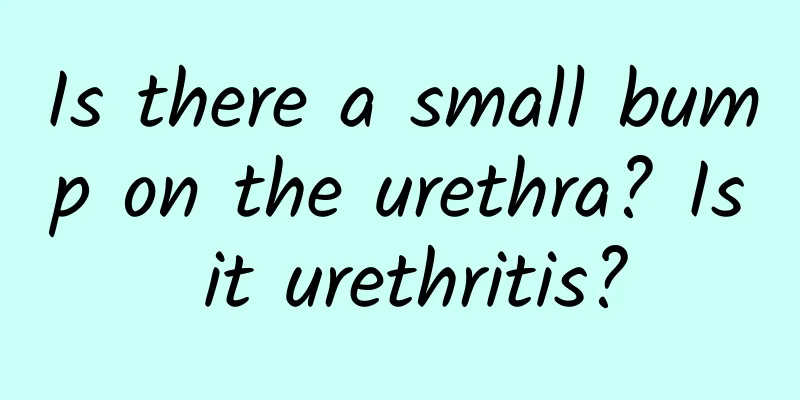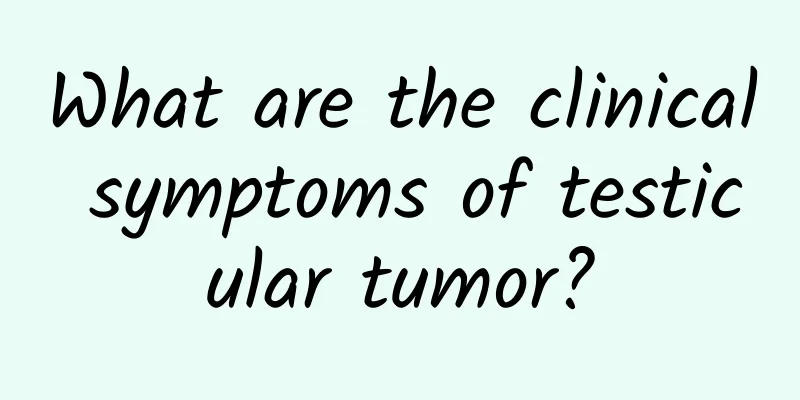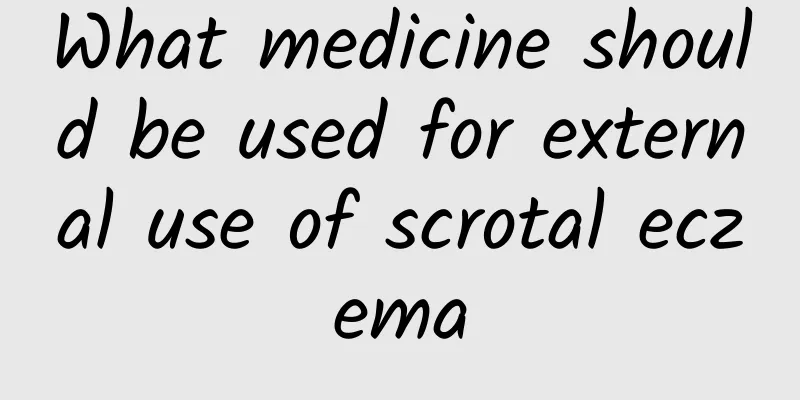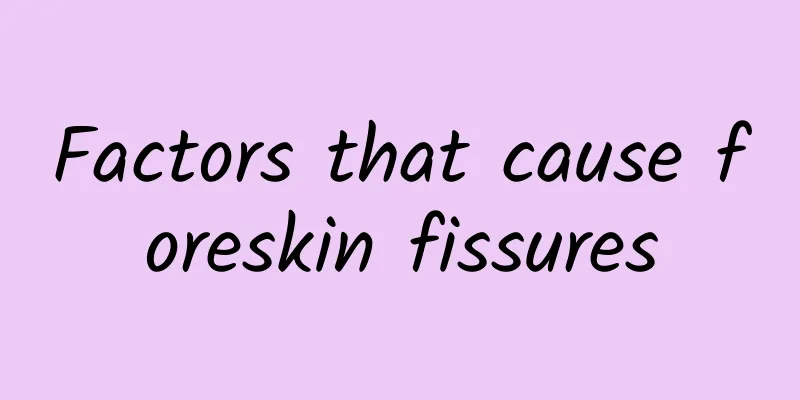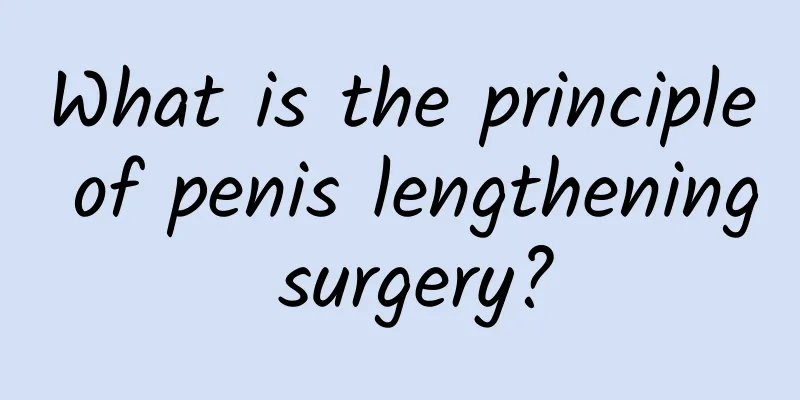How to treat cryptorchidism

|
Cryptorchidism is a pseudo-testicular tissue that affects male fertility, causing normal reproductive cells to be damaged and fixed to the scrotum, which can lead to decreased sperm ability, malignant changes, and testicular sprains. It is a very serious male disease that requires timely treatment. Cryptorchidism needs to be removed surgically to prevent the testicles from descending, and hormones can also be used for treatment. Clinical manifestations 1. Infertility Cryptidysty can cause damage to reproductive cells. Early surgical treatment is needed to fix the testicles to the scrotum to reduce the risk of reduced fertility. The earliest postnatal histological abnormality of cryptidysty is the dysplasia of interstitial cells that can be observed in the first month after birth. Unilateral cryptidysty after puberty should be removed because it is prone to malignant and torsional changes in the future, and most testicles have lost their fertility. 2. Malignant change Children born with undescended testicles are at risk for testicular malignancy. The incidence of germ cell tumors in men with a history of occult testes is about 40 times higher than in the normal population. The location of the undescended testicles affects the relative risk of testicular tumors, with the higher the location, the greater the risk of malignancy. Half of the intra-abdominal testes will develop malignancy. The most common type of testicular tumor arising from the testicles is a seminoma. The incidence of carcinoma in situ in men with occult testes is 1.7%. 3. Hernia 90% of patients with undescended testes have a patent processus vaginalis. The processus vaginalis usually closes after testicular descent and within the first month after birth. A patent processus vaginalis is associated with a higher risk of epididymal abnormalities. The clinical significance of a patent processus vaginalis is that it can affect the efficacy of hormonal treatment for cryptic testis. 4. Testicular torsion Cryptotestis may have abnormal attachment of the gubernaculum, levator testis, or tunica vaginalis, which predisposes to testicular torsion. Although undescended testicles rarely torsion, testicular torsion should be considered in patients with abdominal or groin pain accompanied by lateral scrotal hollowness. treatment The ideal age to preserve fertility is 12 to 24 months after birth. Spontaneous testicular descent can be completed within 3 months after birth. Definitive treatment of undescended testicles should be completed between 6 and 12 months after birth, which is the best time to perform testicular descent fixation. 1. Hormone therapy Cryptorchidism may be associated with hypothalamic-pituitary-gonadal axis abnormalities, and hormone therapy uses HCG, LHRH, or a combination of both. The guidelines recommend βHCG for preoperative preparation of inaccessible cryptorchidism or some reoperation cases, which increases testicular blood supply and facilitates surgery. 2.Surgery For those whose testicles have not descended into the scrotum after 6 months of birth, surgery should be performed as soon as possible. For adolescent patients with cryptorchidism, testicular descent and fixation should be performed as soon as it is discovered. If the testicles are found to be atrophic or unable to descend into the scrotum during the operation, orchiectomy can be performed if necessary. (1) Open surgical testicular descent fixation is performed on patients with palpable cryptic testicles. Generally, the approach is through the inguinal groove, an oblique incision is made in the inguinal groove, the spermatic cord is freed, the unclosed processus vaginalis or hernia sac is ligated, and the testicle is placed and fixed in the scrotum without tension. (2) Indications for laparoscopic surgery: all inaccessible testicles; diagnosis of suspected intercourse; biopsy or intraperitoneal high-positioned testicle removal. Contraindications: acute infection, coagulation abnormalities, previous history of abdominal surgery, suspected peritoneal adhesions. (3) Autologous testicular transplantation is suitable for high-positioned cryptic testes. The testicular blood vessels are ligated, the testicle is moved freely into the scrotum, and the testicular blood vessels are anastomosed to the inferior epigastric artery. This is not a widely used method and is not recommended as a routine surgical method. |
<<: Can ejaculation expel stones?
>>: Foreskin that is too long can lead to premature ejaculation
Recommend
Small papules on both sides of the frenulum
Male reproductive problems are usually related to...
How should boys gain weight if they are too thin?
If a boy is too thin, it will not only affect his...
What's wrong with the pain in the balls below?
In life, we often hear some boys say that their t...
Tips for men to get rid of premature ejaculation
Don't be nervous or anxious every time you ha...
That kind of man has strong sexual function
In life, many women will take men's sexual fu...
What causes bitter taste in the mouth and bad breath?
Our digestive system can completely digest more t...
Is it normal for the left testicle to be larger than the right?
What is the reason for the left testicle to be la...
What is the reason for spermatorrhea in yellow dreams?
Spermia is very common for men. Occasional sperma...
What is prostatitis in men
Prostatitis is an inflammation of the prostate ca...
Can neck pain cause headaches? Why?
Traditional Chinese medicine believes that the ne...
Are disposable underwear really clean? How should I wear them?
Disposable underwear has become a must-have item ...
How to make a blackhead-removing mask for men
Not only women need to pay attention to skin care...
Will I get pregnant if I don't use a condom and don't ejaculate inside?
The main function of condoms is to prevent pregna...
The left testicle is painful
The testicles can metabolize androgens and promot...
What is the reason for the red bumps and itching on the glans?
Because male friends are most worried about havin...



